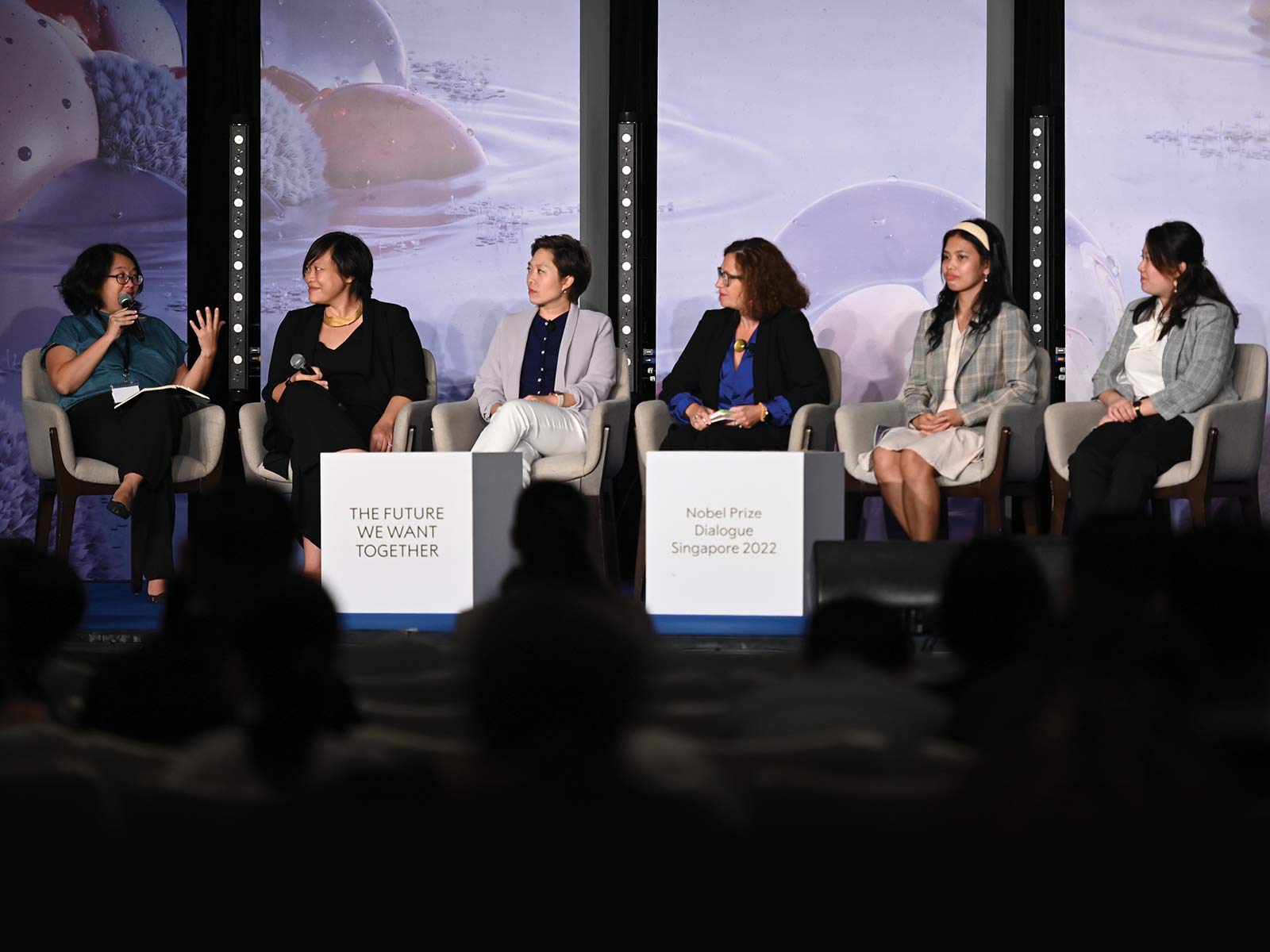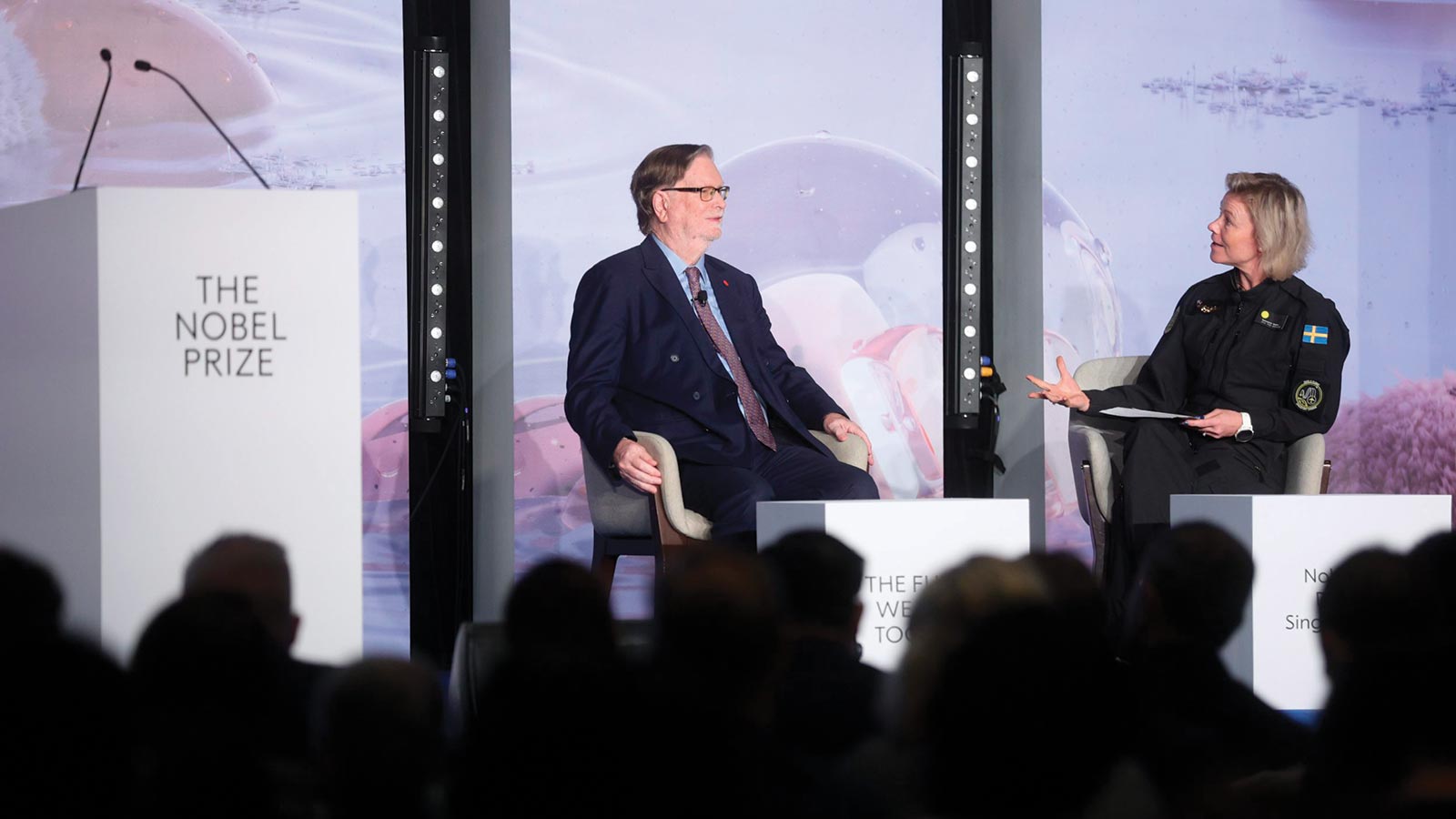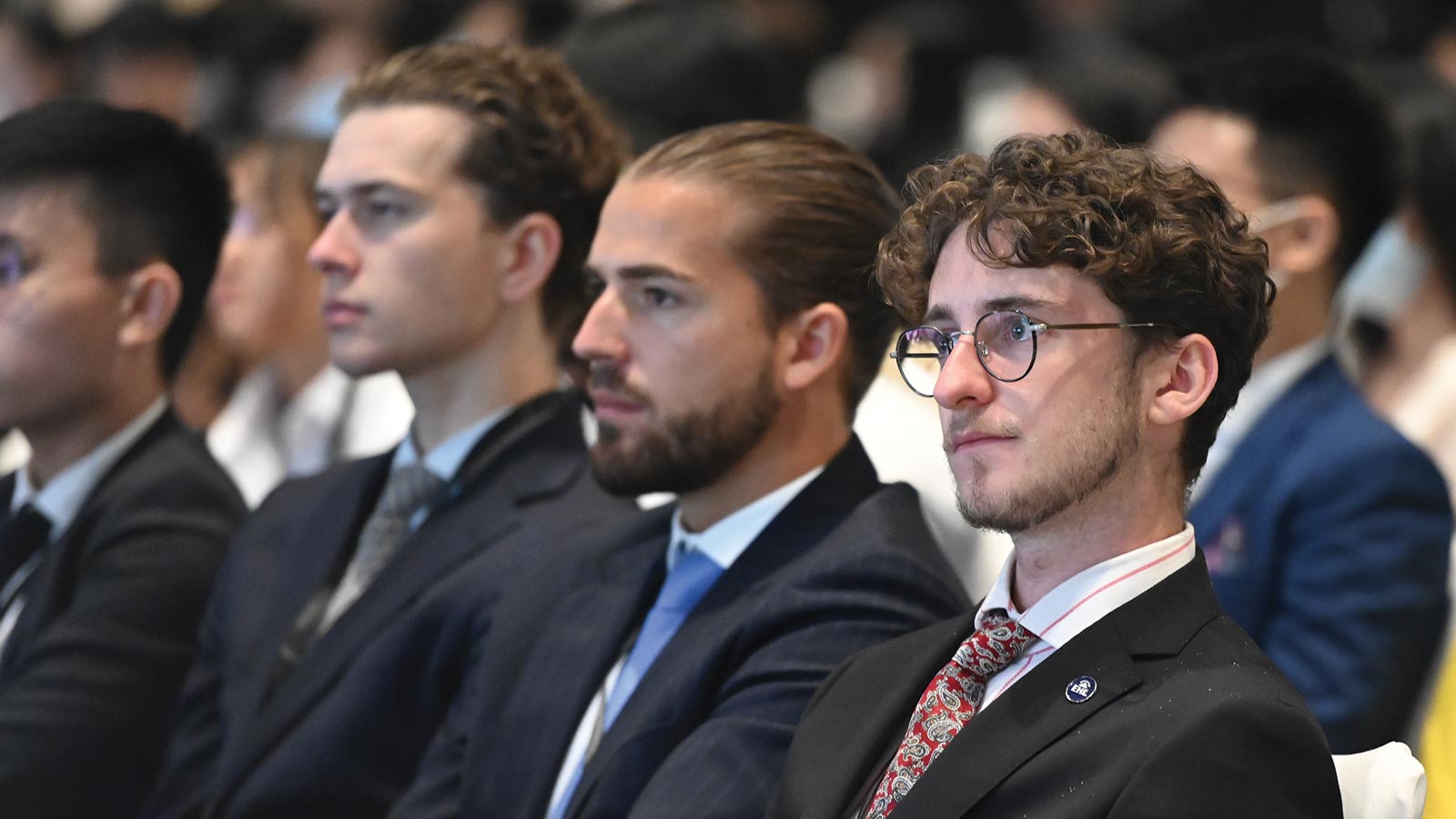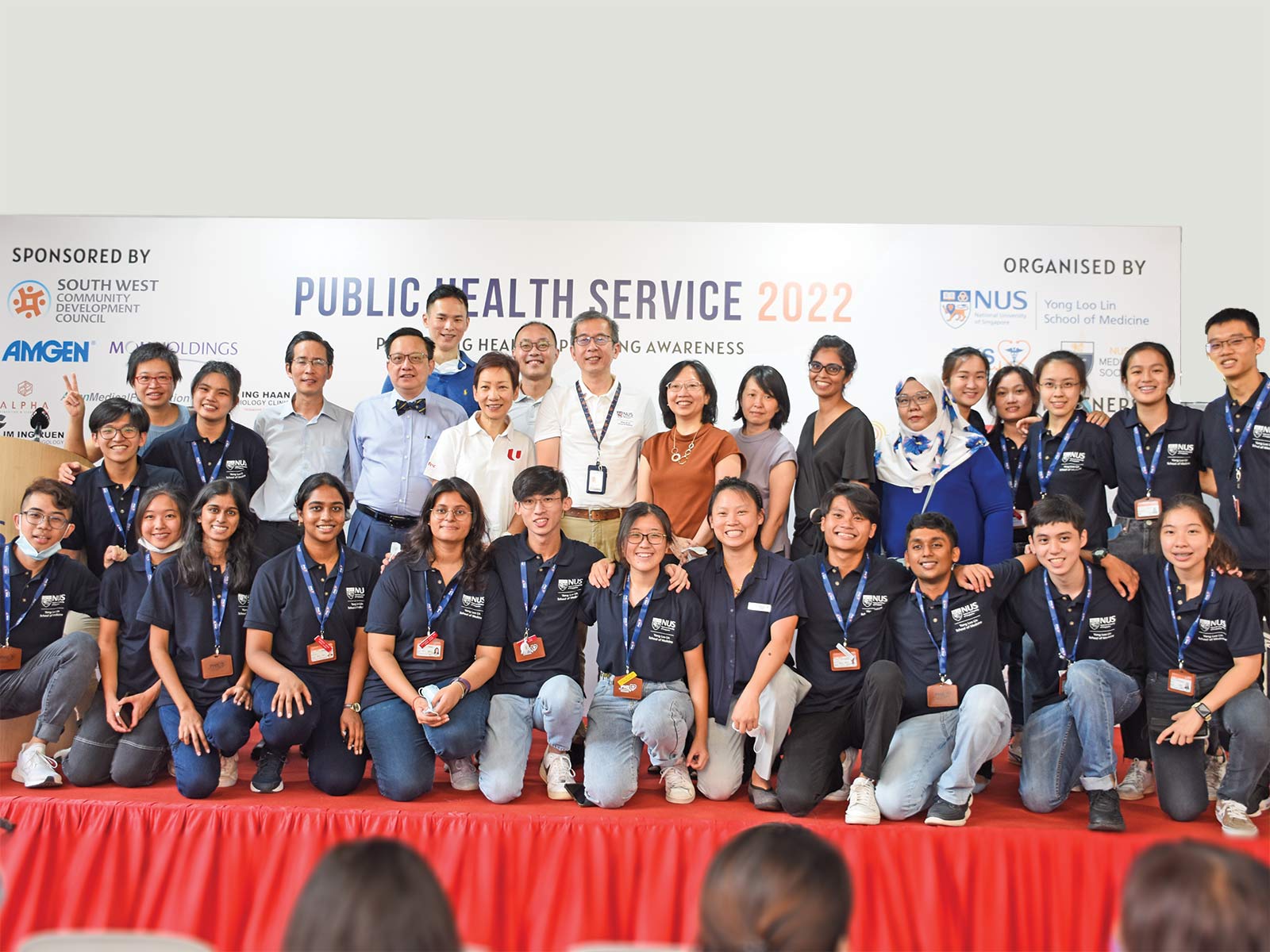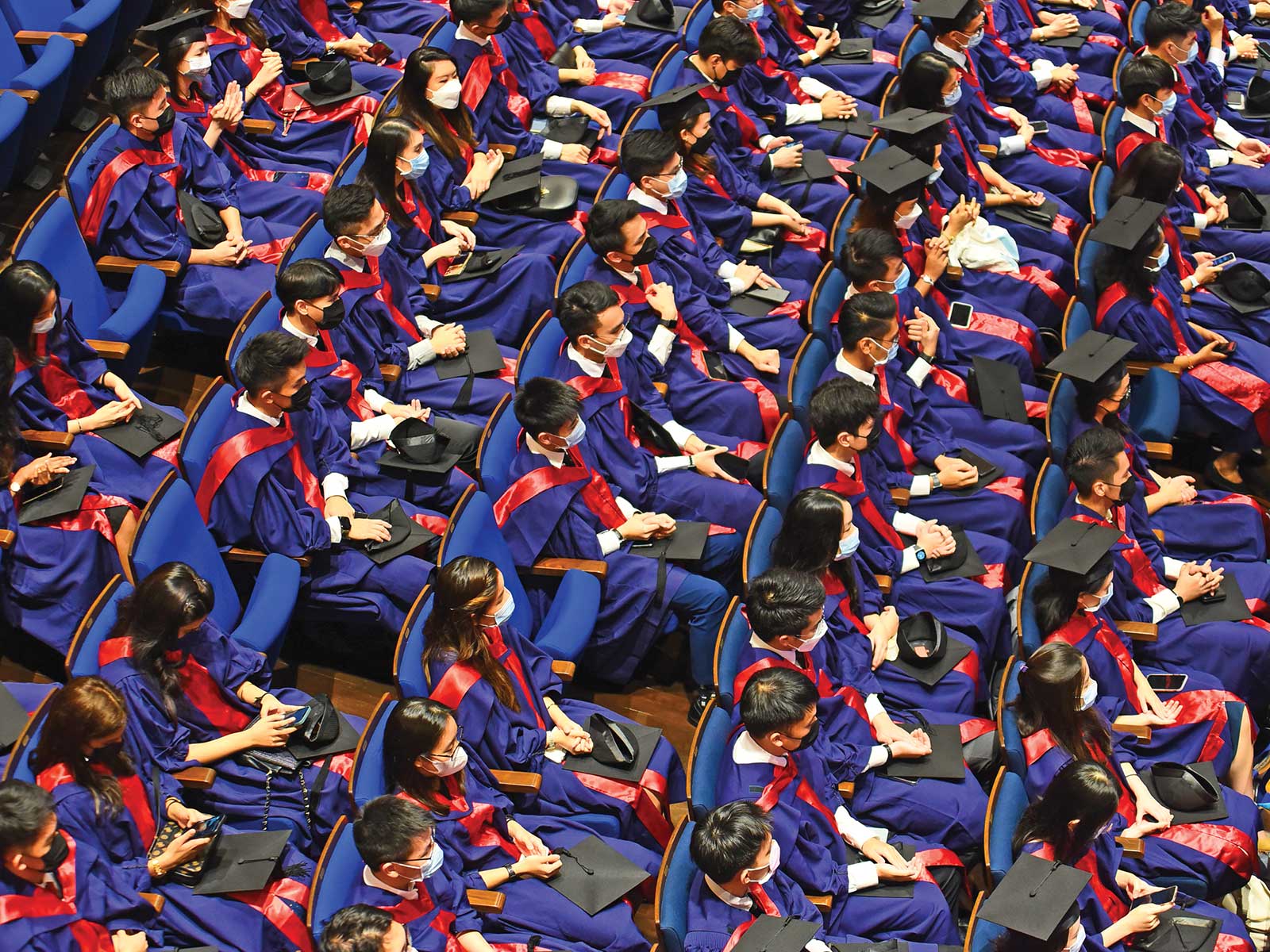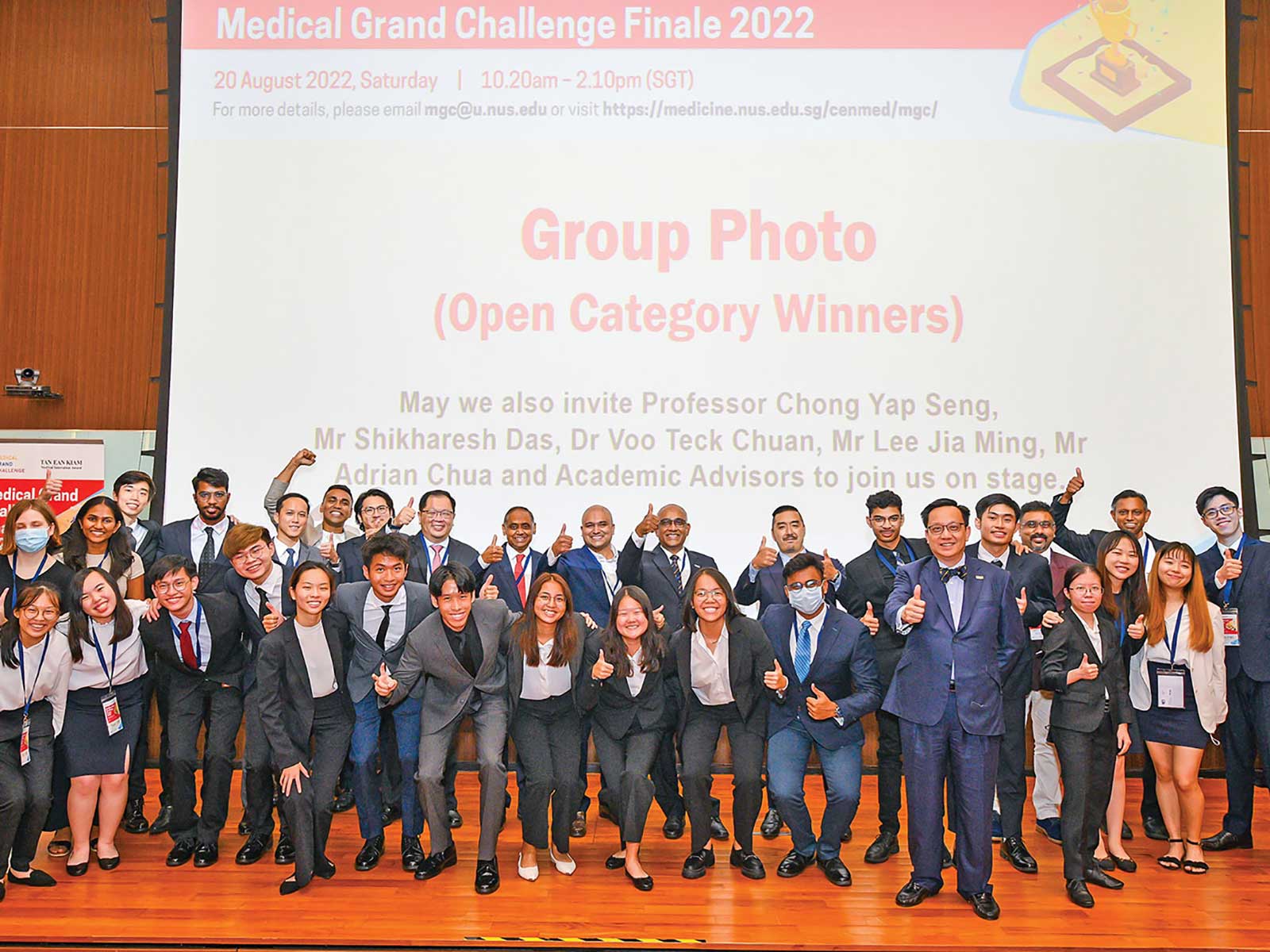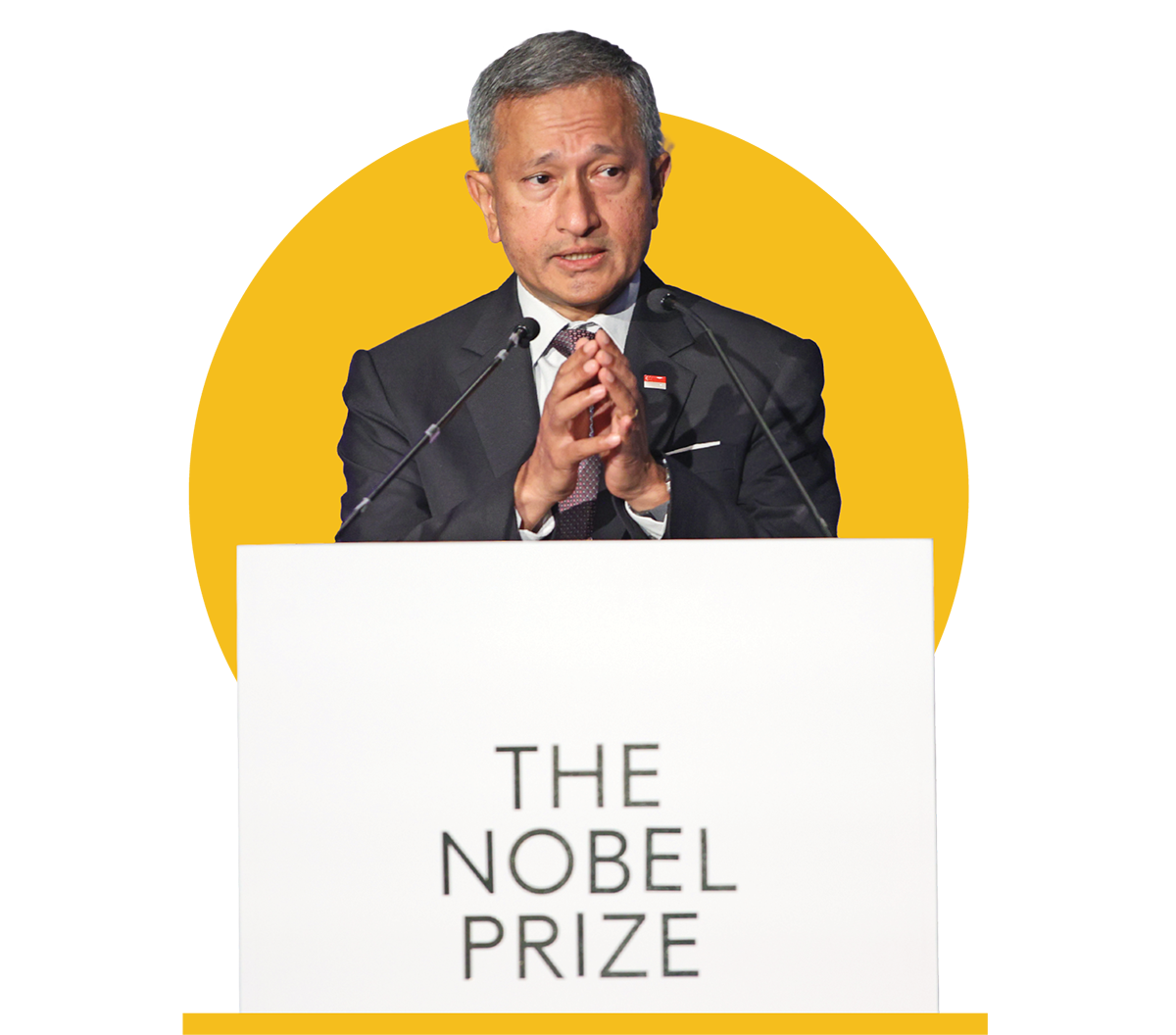
Minister for Foreign Affairs, Singapore, Dr Vivian Balakrishnan giving his address at the Nobel Prize Dialogue 2022.
Themed, ‘The Future We Want Together’, it presented an opportunity for youth and Nobel Prize laureates, together with local and international thought leaders, to share, review and crystallise ideas and suggestions that could help deal with the most critical problems facing the world today.
Participating Nobel Prize laureates Serge Haroche, physics laureate 2012; Kailash Satyarthi, peace laureate 2014 and George Smoot, physics laureate 2006 flew in for the event, while Steven Chu, physics laureate 1997; Angus Deaton, economic sciences laureate 2015; Esther Duflo, economic sciences laureate 2019; May-Britt Moser, medicine laureate 2014; and Paul Romer, economic sciences laureate 2018 participated via video conferencing and pre-recorded sessions.
The opening ceremony for this first-ever Nobel Prize Dialogue held in Southeast Asia was graced by Singapore’s Minister for Foreign Affairs, Dr Vivian Balakrishnan. The Dialogue was held at the Raffles City Convention Centre and also streamed to audiences online.
“It is a time of great danger, but also a time of exhilarating opportunities. It is a time in history when science, technology, politics, global affairs and humanity are all telescoping into a focal point. You will find that all Nobel Laureates are not just about science or their domain expertise, but they come with values and a very broad worldview. Platforms like the Nobel Prize Dialogue are opportunities to share ideas, learn from one another, discover our common humanity, look for global solutions to global problems and find new networks of collaboration.” Dr Balakrishnan said in his address at the Nobel Prize Dialogue 2022.


